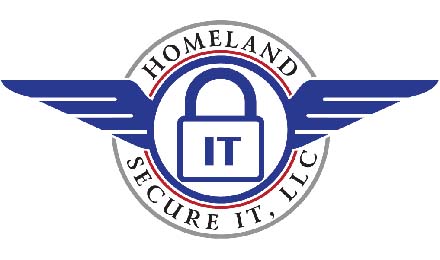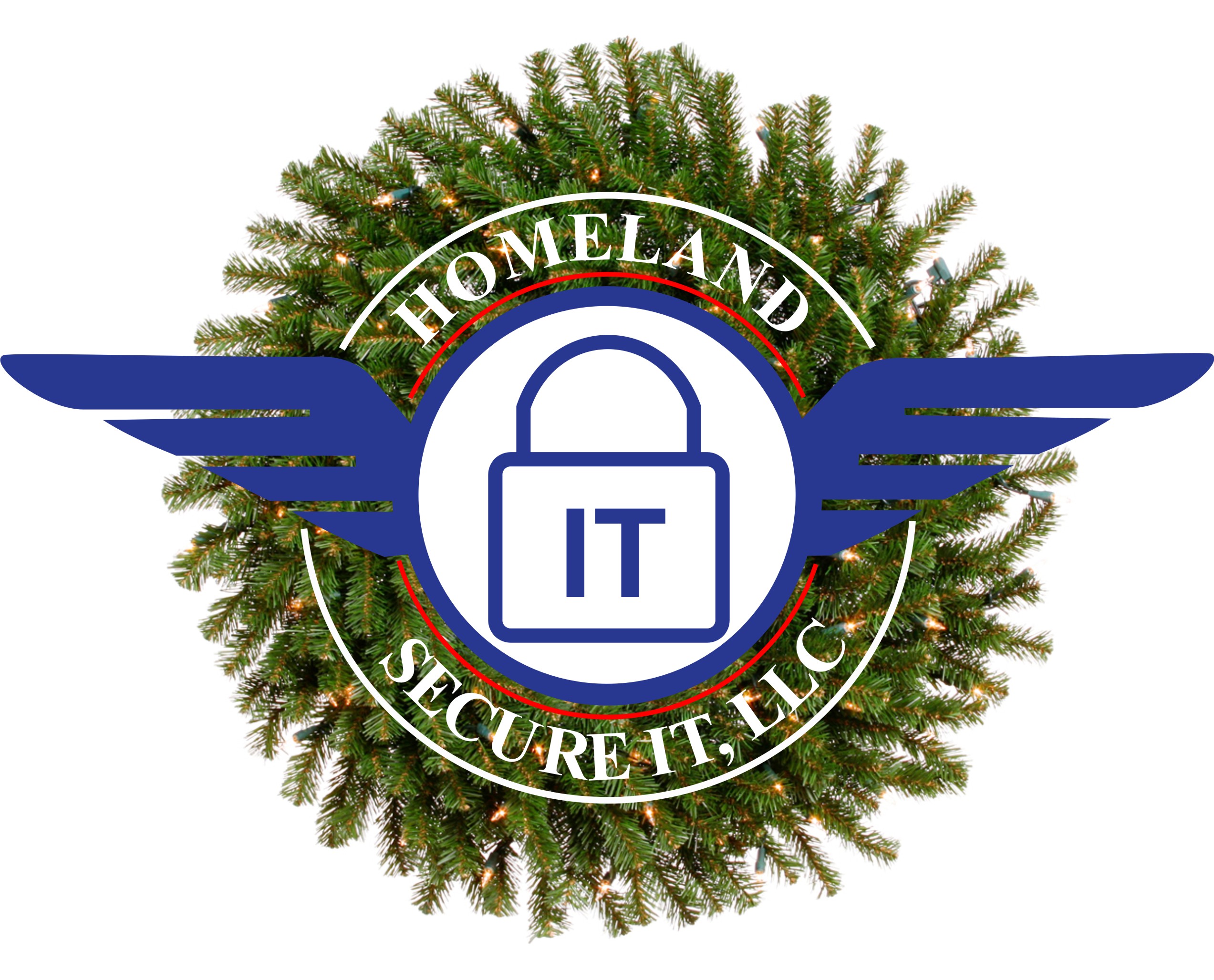A little something to keep you busy… Adobe vulnerabilities that affect Microsoft Windows, Mac and Unix machines.
Patch ’em up!
—–BEGIN PGP SIGNED MESSAGE—–
Hash: SHA1
National Cyber Alert System
Technical Cyber Security Alert TA11-350A
Adobe Updates for Multiple Vulnerabilities
Original release date: December 16, 2011
Last revised: —
Source: US-CERT
Systems Affected
* Adobe Reader X (10.1.1) and earlier 10.x versions for Windows and Macintosh
* Adobe Reader 9.4.6 and earlier 9.x versions for Windows, Macintosh, and UNIX
* Adobe Acrobat X (10.1.1) and earlier 10.x versions for Windows and Macintosh
* Adobe Acrobat 9.4.6 and earlier 9.x versions for Windows and Macintosh
Overview
Adobe has released Security Bulletin APSB11-30, which describes
multiple vulnerabilities affecting Adobe Reader and Acrobat.
I. Description
Adobe Security Bulletin APSB11-30 and Adobe Security Advisory
APSA11-04 describe a number of vulnerabilities affecting Adobe
Reader and Acrobat. These vulnerabilities affect Reader and Acrobat
9.4.6 and earlier 9.x versions. These vulnerabilities also affect
Reader X and Acrobat X 10.1.1 and earlier 10.x versions.
An attacker could exploit these vulnerabilities by convincing a
user to open a specially crafted PDF file. The Adobe Reader browser
plug-in, which can automatically open PDF documents hosted on a
website, is available for multiple web browsers and operating
systems.
Adobe Reader X and Adobe Acrobat X will be patched in the next
quarterly update scheduled for January 10, 2012.
Additional details for the U3D memory corruption vulnerability can
be found in US-CERT Vulnerability Note VU#759307.
II. Impact
These vulnerabilities could allow a remote attacker to execute
arbitrary code, write arbitrary files or folders to the file
system, escalate local privileges, or cause a denial of service on
an affected system as the result of a user opening a malicious PDF
file.
III. Solution
Update Reader
Adobe has released updates to address this issue. Users are
encouraged to read Adobe Security Bulletin APSB11-30 and update
vulnerable versions of Adobe Reader and Acrobat.
In addition to updating, please consider the following mitigations.
Disable Flash in Adobe Reader and Acrobat
Disabling Flash in Adobe Reader will mitigate attacks that rely on
Flash content embedded in a PDF file. Disabling 3D & Multimedia
support does not directly address the vulnerability, but it does
provide additional mitigation and results in a more user-friendly
error message instead of a crash. To disable Flash and 3D &
Multimedia support in Adobe Reader 9, delete, rename, or remove
access to these files:
Microsoft Windows
“%ProgramFiles%\Adobe\Reader 9.0\Reader\authplay.dll”
“%ProgramFiles%\Adobe\Reader 9.0\Reader\rt3d.dll”
Apple Mac OS X
“/Applications/Adobe Reader 9/Adobe
Reader.app/Contents/Frameworks/AuthPlayLib.bundle”
“/Applications/Adobe Reader 9/Adobe
Reader.app/Contents/Frameworks/Adobe3D.framework”
GNU/Linux (locations may vary among distributions)
“/opt/Adobe/Reader9/Reader/intellinux/lib/libauthplay.so”
“/opt/Adobe/Reader9/Reader/intellinux/lib/librt3d.so”
File locations may be different for Adobe Acrobat or other Adobe
products that include Flash and 3D & Multimedia support. Disabling
these plugins will reduce functionality and will not protect
against Flash content that is hosted on websites. Depending on the
update schedule for products other than Flash Player, consider
leaving Flash and 3D & Multimedia support disabled unless they are
absolutely required.
Disable JavaScript in Adobe Reader and Acrobat
Disabling JavaScript may prevent some exploits from resulting in
code execution. Acrobat JavaScript can be disabled using the
Preferences menu (Edit -> Preferences -> JavaScript; uncheck Enable
Acrobat JavaScript).
Adobe provides a framework to blacklist specific JavaScipt APIs. If
JavaScript must be enabled, this framework may be useful when
specific APIs are known to be vulnerable or used in attacks.
Prevent Internet Explorer from automatically opening PDF files
The installer for Adobe Reader and Acrobat configures Internet
Explorer to automatically open PDF files without any user
interaction. This behavior can be reverted to a safer option that
prompts the user by importing the following as a .REG file:
Windows Registry Editor Version 5.00
[HKEY_CLASSES_ROOT\AcroExch.Document.7]
“EditFlags”=hex:00,00,00,00
Disable the display of PDF files in the web browser
Preventing PDF files from opening inside a web browser will
partially mitigate this vulnerability. If this workaround is
applied, it may also mitigate future vulnerabilities.
To prevent PDF files from automatically being opened in a web
browser, do the following:
1. Open Adobe Acrobat Reader.
2. Open the Edit menu.
3. Choose the Preferences option.
4. Choose the Internet section.
5. Uncheck the “Display PDF in browser” checkbox.
Remove or restrict access to 3difr.x3d
By removing or restricting access to the 3difr.x3d file, Adobe
Reader and Acrobat will fail to render U3D content, which helps to
mitigate this vulnerability. PDF documents that use the PRC format
for 3D content will continue to function on Windows and Linux
platforms.
To disable U3D support in Adobe Reader 9 on Microsoft Windows,
delete or rename this file:
“%ProgramFiles%\Adobe\Reader 9.0\Reader\plug_ins3d\3difr.x3d”
For Apple Mac OS X, delete or rename this directory:
“/Applications/Adobe Reader 9/Adobe
Reader.app/Contents/Frameworks/Adobe3D.framework”
For GNU/Linux, delete or rename this file (locations may vary among
distributions):
“/opt/Adobe/Reader9/Reader/intellinux/plug_ins3d/3difr.x3d”
File locations may be different for Adobe Acrobat or other Adobe
products or versions.
Do not access PDF files from untrusted sources
Do not open unfamiliar or unexpected PDF files, particularly those
hosted on websites or delivered as email attachments. Please see
Cyber Security Tip ST04-010.
IV. References
* Security update available for Adobe Reader and Acrobat –
<https://www.adobe.com/support/security/bulletins/apsb11-30.html>
* Adobe Reader and Acrobat JavaScript Blacklist Framework –
<http://kb2.adobe.com/cps/504/cpsid_50431.html>
* Adobe Acrobat and Reader U3D memory corruption vulnerability –
<http://www.kb.cert.org/vuls/id/759307>
* Security Advisory for Adobe Reader and Acrobat –
<https://www.adobe.com/support/security/advisories/apsa11-04.html>
____________________________________________________________________
The most recent version of this document can be found at:
<http://www.us-cert.gov/cas/techalerts/TA11-350A.html>
____________________________________________________________________
Feedback can be directed to US-CERT Technical Staff. Please send
email to <cert@cert.org> with “TA11-350A Feedback VU#759307” in
the subject.
____________________________________________________________________
For instructions on subscribing to or unsubscribing from this
mailing list, visit <http://www.us-cert.gov/cas/signup.html>.
____________________________________________________________________
Produced 2011 by US-CERT, a government organization.
Terms of use:
<http://www.us-cert.gov/legal.html>
____________________________________________________________________
Revision History
December 16, 2011: Initial release
—–BEGIN PGP SIGNATURE—–
Version: GnuPG v1.4.5 (GNU/Linux)
iQEVAwUBTuuZnz/GkGVXE7GMAQIN8ggAjjQO8LOasl98uasGZW2J5SHfkKr675Mf
ymRzBagFqO9QuId2RvFG2b9nuq5zdqETsrcG1t668wtYLUhBaoLmFXPe/KsDQ9n+
/p9PctVJFmJpV92S3kAHw+u4t1n/Aa/4IdK0oXNBDhkyXrp41F27LY+aQ8FWWuxZ
lL4jXSUQ/gLgb6hOhLjRCsQtEhAcPbX/mPNxl6bACXZaOVZT88fz9M7JXryDiJWO
uuFi3O2GT0Bd3fEsL57U/TSbq8SynadObMSj4/+Q1HmOHcD0L5gzd9/N4M3D1Emg
y7aeUpgycY5eFefY3LVVkb7JkTUbEZHbuNHydFKIJDRlaXBAo+D0QQ==
=rKM4
—–END PGP SIGNATURE—–


